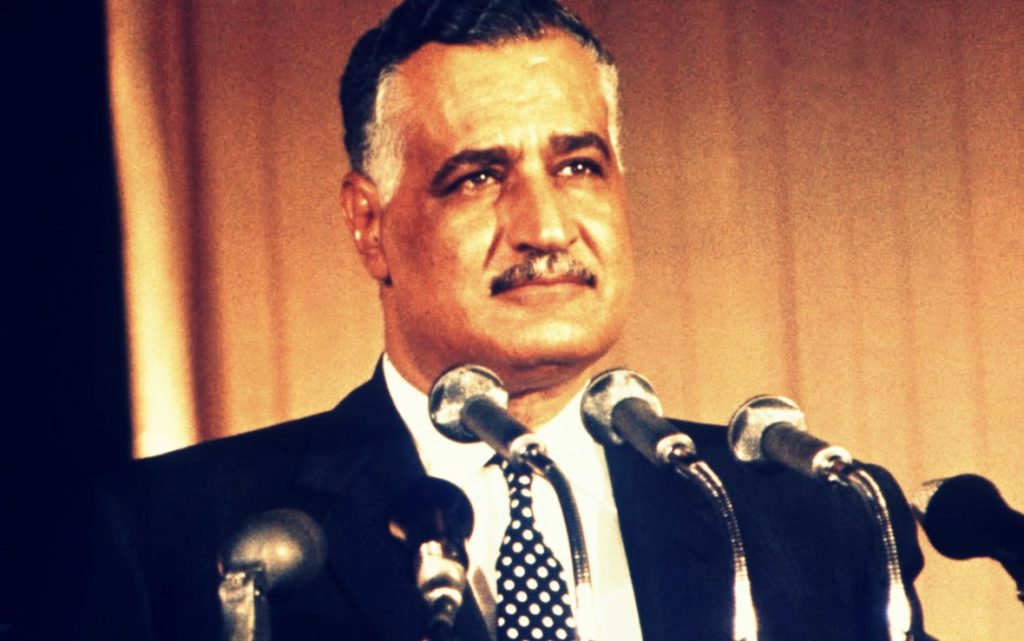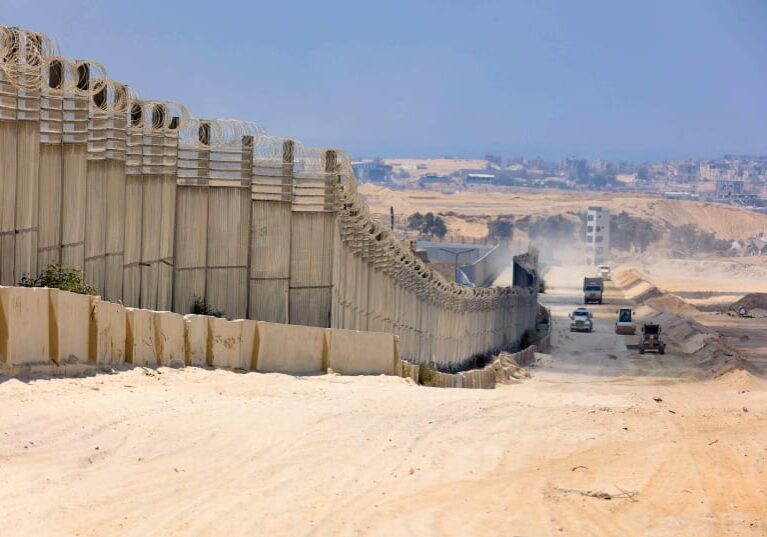Australia/Israel Review
Scribblings: Was 1967 an Accident?
Jun 2, 2017 | Tzvi Fleischer

Tzvi Fleischer
This special edition of the AIR contains several different essays and articles looking back on the historical watershed that was the 1967 Six Day War from the perspective of half a century. However, I would strongly like to recommend one more important essay that we simply could not fit in this edition, but which provides an important analysis on what actually happened back in 1967.
The essay – which can be read at tinyurl.com/6daykarsh – is “An Inevitable Conflict:The Six-Day War” by Israeli historian Prof. Efraim Karsh, published in the latest edition of the Middle East Quarterly.
The piece serves as a useful corrective for an increasingly common narrative that sees the 1967 war as “a largely accidental and unnecessary war born of mutual miscalculations and misunderstandings.” This narrative says that the key trigger for war was a false Soviet warning of a supposed Israeli troop build-up along the Syrian border, which precipitated an Egyptian effort to deter any Israeli aggression, but no intent to start a war. This argument says “had Israel not misconstrued… Egyptian grandstanding for a mortal threat to its national security… it would have foregone the pre-emptive strike that started the war.” Karsh argues this is wrong.
He quotes AJP Taylor’s argument that wars have “a general cause and particular causes at the same time” – a set of broad circumstances that create conditions for war and a spark that sets off the war at a specific time.
As a matter of general cause, Karsh argues that for 1967 this was “total Arab rejection of Jewish statehood, starkly demonstrated by the concerted attempt to destroy the state of Israel at birth and the unwavering determination to rectify this ‘unfinished business'” which “made another all-out Arab-Israeli war a foregone conclusion.” He reviews the history of Arab reaction to Israel and Zionism and especially the post-1948 determination by Egyptian President Nasser and others to precipitate a “second round” to finish what was attempted in 1948, the destruction of the Jewish state.
While it is true that the escalation to the 1967 war was precipitated by the false Soviet warning, Karsh argues that this does not mean Nasser was only grandstanding. As Nasser escalated, first sending troops into Sinai, then kicking out UN peacekeepers, and finally closing the Straits of Tiran to Israeli shipping, he was motivated primarily by the need not to lose face and preserve his preeminent political position in the Arab world. But, Karsh asks, “Did Nasser consider the possibility that his actions might lead to war?” and answers “All the available evidence suggests that he did.”
Karsh offers numerous arguments and pieces of evidence that Nasser knew his behaviour was almost certainly going to lead to war – and hoped the Israelis would initiate the shooting to prevent any risk of US intervention. Perhaps the most decisive piece of evidence is that, when Nasser asked his cabinet to approve closing the Straits of Tiran, he specifically told them, “Now with our concentrations in Sinai, the chances of war are fifty-fifty… But if we close the Strait, war will be a 100 percent certainty.”
There is much more detail in the actual article of course, complete with full footnoting, and it deserves to be read in full. But anyone who takes the time to do so will almost certainly agree Karsh makes a very strong case for his final conclusions:
As evidenced both by Nasser’s escalatory behaviour during the crisis and by captured military documents revealing elaborate plans for an invasion of Israel, the Egyptian president did not stumble into war but orchestrated it with open eyes.
More on What Palestinians want
While I’m recommending outside reading, there is another valuable piece which I want to call to the attention of readers. In the December 2015 edition of the AIR, we published an important essay by Israeli political scientist Daniel Polisar titled “What do Palestinians want?” – which looked in detail at what years of polling of Palestinians can tell us concerning what Palestinians think of Israel and Jews, as well as the legitimacy and desirability of terrorist attacks against Israelis.
Polisar has now published a follow-up essay in Mosaic magazine, which can be read at tinyurl.com/polisar2state. Titled, “Do Palestinians Want a Two-State Solution?” this new essay looks in detail at what years of polling of Palestinians tells us about this question.
While certainly worth reading in full, for those who do not have time, here is Polisar’s summary of his overall factual conclusions:
• The majority of Palestinians living in the West Bank and Gaza have for the past decade been opposed to the most generous package deal they are likely to be offered for a state alongside Israel;
• When asked to choose among three options – an Israeli and Palestinian state living side by side, a unitary state with equal rights for Palestinians and Israelis, and a Palestinian state from the Jordan River to the Mediterranean Sea – most Palestinians have chosen the last-named; and
• When asked what ought to be done if Palestinian leaders strike a two-state deal with Israel, most have declared that the struggle should go on until all of historical Palestine is “liberated”.
I note that, sadly, this comprehensive survey of polling of Palestinians is consistent with the argument I have often made in this column – namely, that many or most Palestinians do not seek either a two-state solution, or a one-state solution involving equal rights for both peoples, but something I dub the “ethnic cleansing solution” – the Jews largely removed from all of Israel.
Tags: Egypt






